|
Rwanda’s recent history has been shaped by colonisation, a mid-20th century revolution, independence and a genocide. But, argues Filip Reyntjens, it’s important to look back even further to get to a true understanding of the country, particularly the way in which power was structured as well as the role of the state in people’s lives. In the UK the BBC is showing a new drama that features the small east African country. While portrayals of Rwanda in film and television can often spark controversy, Jonathan R. Beloff thinks that Black Earth Rising provides a nuanced look at post-genocide political events.
From other corners of the continent academics looked at various political developments. In Kenya David E Kiwuwa argues that a referendum being mooted is a really bad idea. And in South Africa Leila Patel sets out new research showing shifting patterns in what’s pre-occupying voters. From Ghana Justice Tankebe lifts the lid on the use of violence by police while Henning Melber examines the lack of progress on land reform in Namibia.
|
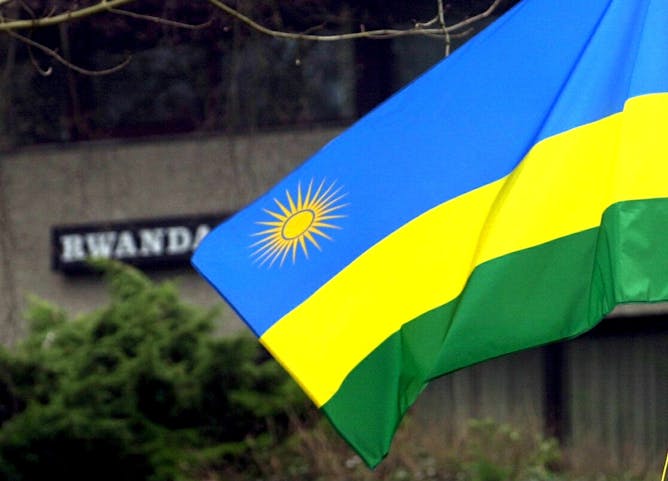
Except during the relatively brief period of colonial rule, Rwanda was, and is, a violent society.
EPA/Olivier Matthys
Filip Reyntjens, University of Antwerp
Throughout the entire period, central political power has been almost absolute.
|
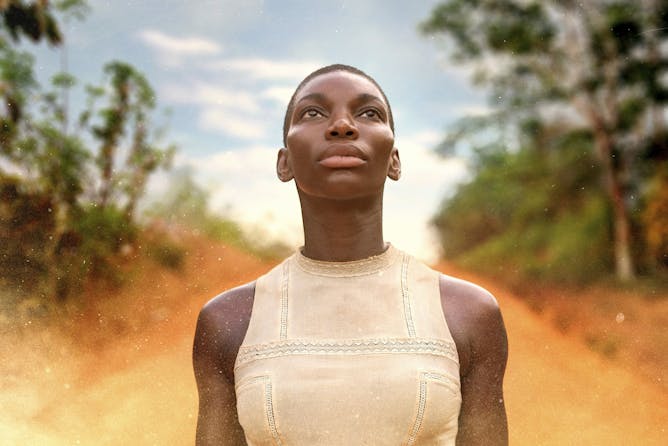
BBC/Forgiving Earth Ltd/Des Willie
Jonathan R. Beloff, SOAS, University of London
The BBC drama about Rwanda tackles post-genocide events in a way few dramas or documentaries have done before.
|
Politics + Society
|
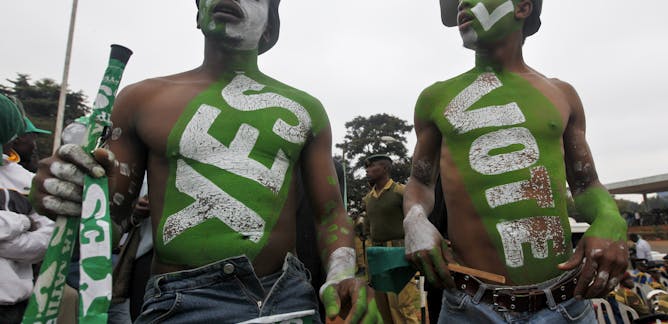
David E Kiwuwa, University of Nottingham
Weary Kenyans are entitled to wonder if the latest referendum push will be any different from the past two.
| |
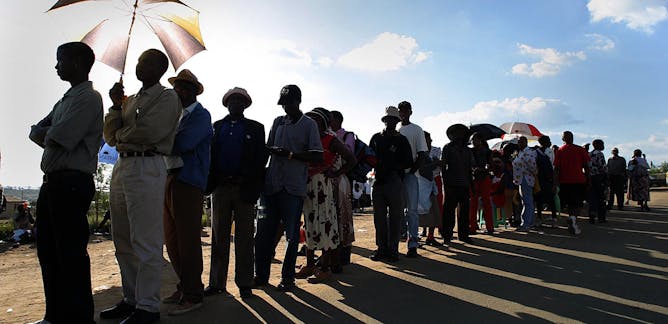
Leila Patel, University of Johannesburg
South African voters are worried about how their country is being run. Most still support the ANC but in far fewer numbers.
|
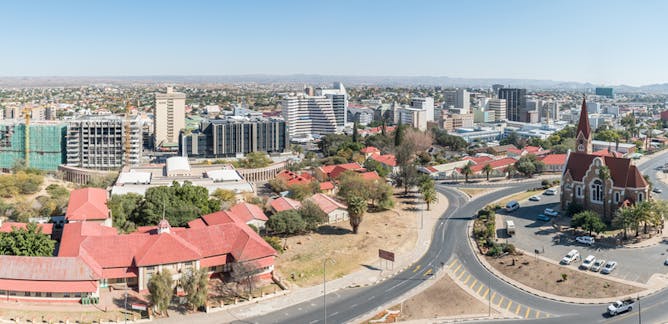
Henning Melber, University of Pretoria
The question of land has been hotly contested in Namibia ever since independence.
| |
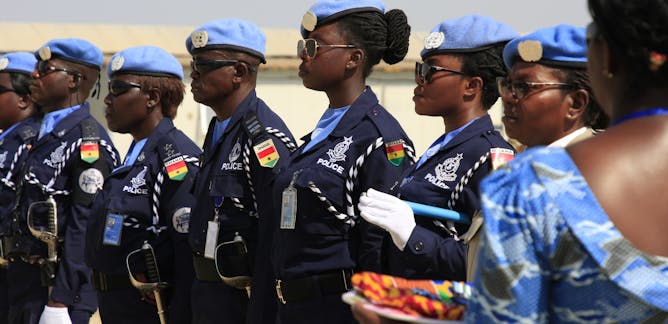
Justice Tankebe, University of Cambridge
Poor supervision, poor training, and unfair treatment of lower-ranked officers make misconduct more likely to happen among Ghana's police force.
|
|
|
Gender Rights
|
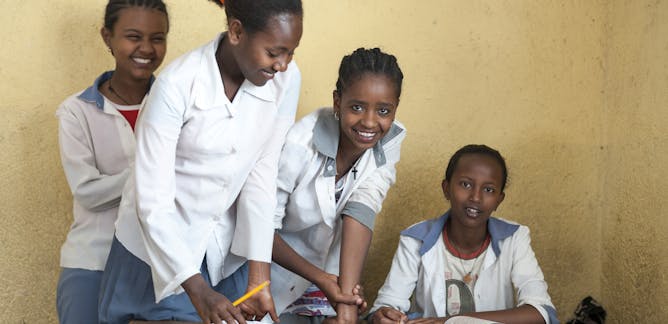
Sosina Bezu, Chr. Michelsen Institute
The appointment of women into positions of power can break stereotypes and inspire girls.
| |
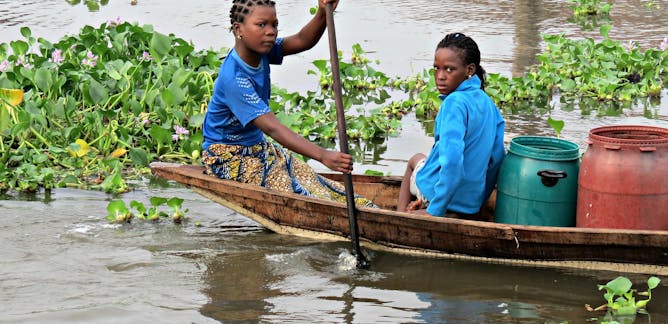
Wisdom Mensah, University of West Florida
Trokosi is an ancient practice in West Africa where virgin girls, some as young as six are sent as slaves to make amends for wrongs committed by their families.
|
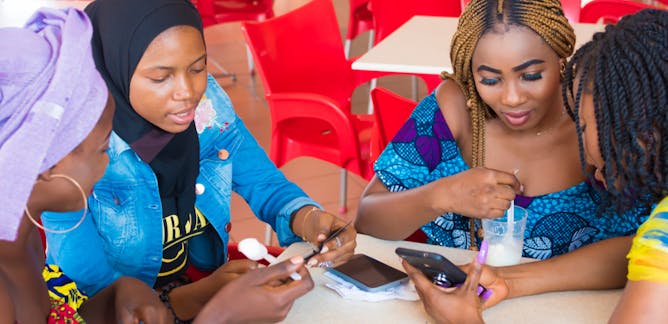
Salihu Ibrahim Dasuki, Sheffield Hallam University; Naima Hafiz Abubakar, Bayero University, Kano
With technology women are able to become agents of their own change.
| |
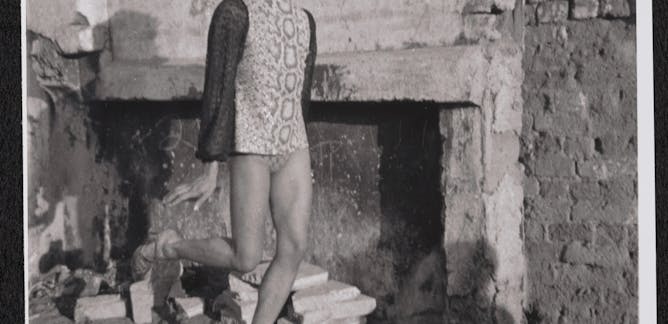
Haley McEwen, University of the Witwatersrand
Despite South Africa's progressive constitution, LGBTIQ people continue to face discrimination in all social spheres.
|
|
|